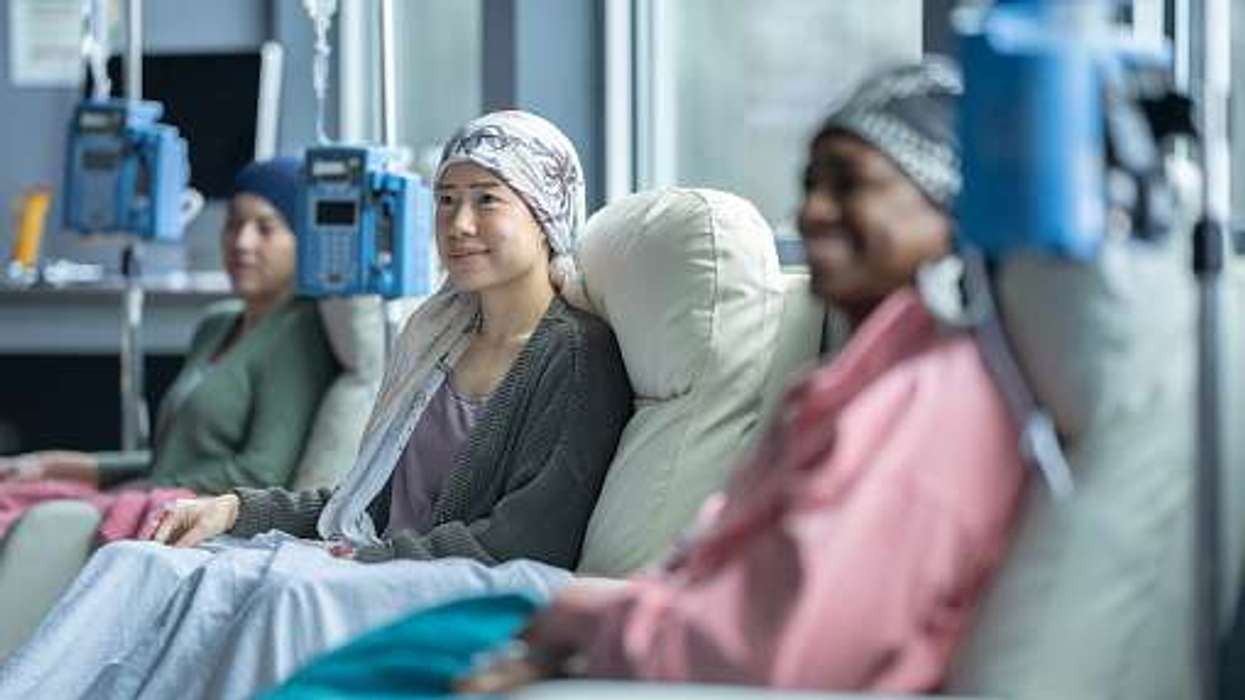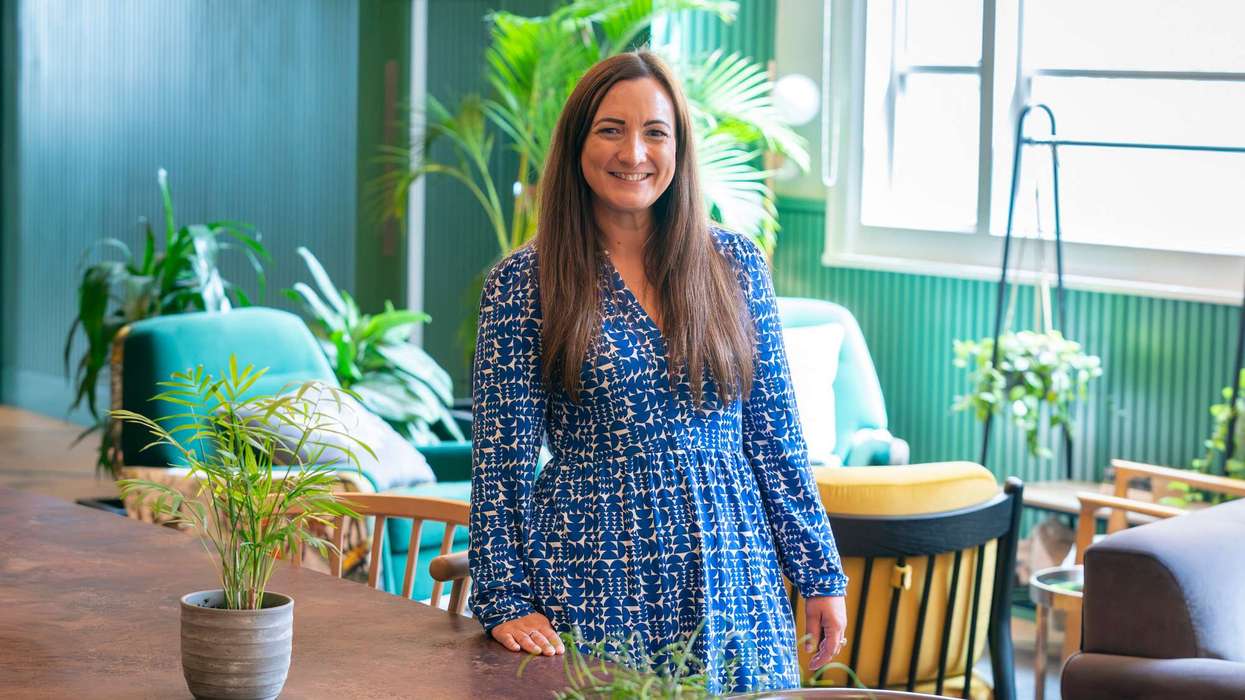Health minister Stephen Kinnock has revealed that the evaluation of the Community Pharmacy Independent Prescribing Pathfinder Programme could be completed by Autumn 2025.
Kinnock was responding to a question from James Naish, Labour MP for Rushcliffe, who asked what steps the minister was taking to ensure continued support for the Pathfinder Programme and independent prescribing to maximise direct prescribing capacity in England.
“The NHS England Pathfinder programme is running across England with the aim of developing a commissioning framework for community pharmacy clinical services with independent prescribing (IP) for National Health Service patients,” Kinnock stated.
“We are working with integrated care boards and pathfinder sites, community pharmacies, to understand the key enablers for IP to be incorporated into community pharmacy.”
He emphasised that the programme’s learning will focus on five key domains: clinical; digital; governance and safety; people; and funding and contracts.
“We hope to complete our evaluation by Autumn 2025 and to use this to inform planning for the incorporation of prescribing into community pharmacy clinical services,” he added.
Currently, a small number of independent prescribing pharmacists are working in community pharmacy in England. However, NHS England has yet to commission national clinical services that allow them to issue NHS prescriptions.
From September 2026, all newly qualified pharmacists will be independent prescribers upon registration.
In preparation for this shift, the government launched the Independent Prescribing in Community Pharmacy Pathfinder Programme last year, enabling pharmacist prescribers at designated ‘pathfinder’ sites to trial prescribing models within integrated primary care services.
Following an expression of interest process, 210 ‘pathfinder’ sites were selected to deliver these proposed prescribing models.
In June 2024, funding was allocated to ICBs to support project management, clinical supervision, and local evaluation.
As service commissioners, ICBs were tasked with providing support and leadership to pathfinder sites throughout the programme, scheduled to run until March 2025.
Additionally, NHS England introduced the CLEO SOLO clinical system, enabling community pharmacists to generate prescriptions through the NHS Electronic Prescription Service (EPS).













